Virtual reality technology has recently taken the world by storm, with VR headsets becoming a mainstream consumer product. While the gaming industry has largely driven home adoption, those within other fields, including the travel industry, are increasingly realizing and exploring the technology’s potential, especially as a marketing tool. In this post, you learn how VR is transforming the travel industry.
Virtual Reality (VR) Technology Explained
Virtual reality technology typically involves using a VR headset, which helps immerse a user in a digital environment. Through images, sounds, and other physical sensations, the user is essentially placed within a virtual world where they can move around and, in some cases, interact in other ways.
Although VR has a long history, it has come to the forefront of mainstream consumer technology recently, thanks to high-powered VR headsets produced by Samsung and Sony and lower-cost options from Google. VR uses include gaming, watching interactive videos, viewing 360-degree images, and more. According to the Virtual Reality Market Report by Precedence Research, the global virtual reality market size is projected to reach $187.3 billion by 2032.
While many virtual reality applications center around entertainment, marketers also use the technology in several interesting ways. For example, VR headsets can allow marketers to go beyond providing basic images, allowing users to actually ‘experience’ the product they are being sold. Additionally, many businesses are experimenting with VR-based user interfaces, replacing traditional computer or mobile interfaces.
Virtual Reality in the Travel Industry
Businesses in the travel industry have been especially quick to adopt virtual reality technology, and for good reason. Typically, their customers are looking to purchase experiences rather than products, and virtual reality offers an effective way for marketers to give them a taste of what they can expect.
Travel customers usually require a lot of information before booking a hotel room. This may, for instance, require them to read descriptions, view images, watch videos, read customer reviews, or seek opinions on social media. However, this process can be significantly shortened through the intelligent use of virtual reality.
Many hotels and travel companies now offer virtual reality elements on their websites or apps, allowing users to experience a digital version of a hotel room or even look at one of the nearby attractions. This immersion enables those in the travel industry to offer a kind of ‘try before you buy’ option for the first time. According to the Global Virtual Tourism Market Report by Statista, the global virtual tourism market is projected to reach $24 billion by 2027.
Benefits of Virtual Reality in Travel Industry
VR Applications in the Travel Industry
Virtual reality technology is still in its relative infancy within the travel industry, but many companies are experimenting with VR headsets and finding good uses for them. Below are some of the main applications observed within hospitality businesses to date.
1. Virtual Tours of Hotels
One of the best examples of virtual reality in action within the travel industry is the use of technology to provide virtual tours of hotels and hotel rooms. The key benefit is that it allows potential customers to experience the hotel’s appearance before arrival, offering more transparency than standard images.
This ‘taster’ content is generally provided on the hotel or distributor’s websites and will usually require a VR headset to experience. In many cases, the virtual experience primarily consists of a simple 360-degree image, which is also compatible with social media platforms and more basic VR technology, like Google Cardboard.
Example: Atlantis Dubai Virtual Tour VR 360
Best viewed with VR glasses or a Google Cardboard
You can find more examples of virtual reality hotel tours in the article “Amazing Examples of Virtual Reality Hotel Tours”.
2. Virtual Booking Interface
Some companies have taken VR a step further, offering an entire booking process and user interface that can be experienced through a virtual reality headset. This effectively replaces the need to use a traditional computer mouse or touch screen to make a hotel or flight booking.
When integrated with other uses for virtual reality, this can create a much more seamless booking experience. The user can explore various hotel rooms and facilities, compare and contrast room types, check out local sights, and seek out key information or facts all in the same place.
Virtual Reality travel search and booking experience
3. Virtual Travel Experiences
Finally, virtual reality offers hotels, travel agents, and other tourism businesses the opportunity to provide prospective customers with a virtual travel experience. This means that users can sample some of the main attractions that are likely to draw them to a location.
For instance, a hotel in Paris may provide a virtual experience of what it is like at the top of the Eiffel Tower. In contrast, a hotel near a theme park may be able to provide a virtual roller-coaster experience. The primary benefit of this is the ability to sell rooms, flights, and travel products based on the experiences they can enable.
Example #1: A Virtual Honeymoon to London and Hawaii
Example #2: Visit Hamilton Island in 360˚ Virtual Reality with Qantas
Best viewed with VR glasses or a Google Cardboard
Example #3: Maldives VR 360 – 4K Video
Best viewed with VR glasses or a Google Cardboard
Augmented Reality & Artificial Intelligence
Would you like to learn more about other digital technologies that can benefit your business? Have also a look at the articles “How Augmented Reality is Revolutionising the Travel Industry” and “How Artificial Intelligence is Changing the Travel Industry”.
Virtual Reality Travel and the Metaverse
Virtual reality travel industry solutions are helping to shift how people engage with travel companies at all customer journey stages. However, virtual reality devices can also be crucial in making the metaverse a reality. When used as metaverse devices, they can also facilitate meaningful social interactions.
Read “Metaverse Tourism: Overview, Benefits, Examples and More” for a detailed analysis of the metaverse within the travel and tourism industry, including definitions, the primary benefits, examples of the ways this technology is already being used, and an overview of how the technology can help companies in the years ahead.
Virtual Reality in Travel Industry FAQs
Did You Like This Article About Virtual Reality in Travel Industry?
You might also be interested in the following articles:
- Blockchain Technology and Its Uses in the Travel Industry
- Robots in the Travel Industry: Real-World Examples
- How the Internet of Things (IoT) Can Benefit the Travel Industry
- How Can Voice Control Benefit the Travel Industry?
- Ways Facial Recognition Can Be Used in the Travel Industry
More Tips to Grow Your Business
Revfine.com is the leading knowledge platform for the hospitality and travel industry. Professionals use our insights, strategies, and actionable tips to get inspired, optimize revenue, innovate processes, and improve customer experience.Explore expert advice on management, marketing, revenue management, operations, software, and technology in our dedicated Hotel, Hospitality, and Travel & Tourism categories.

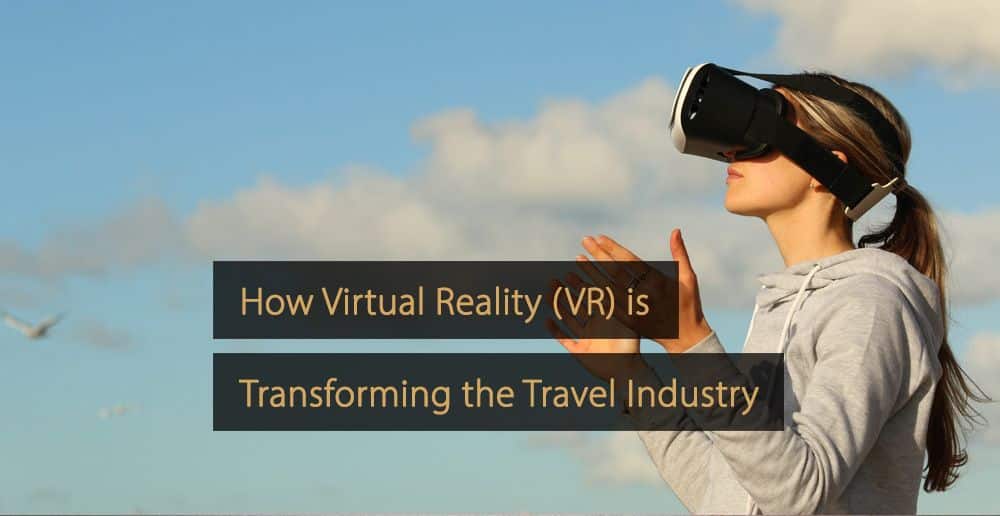
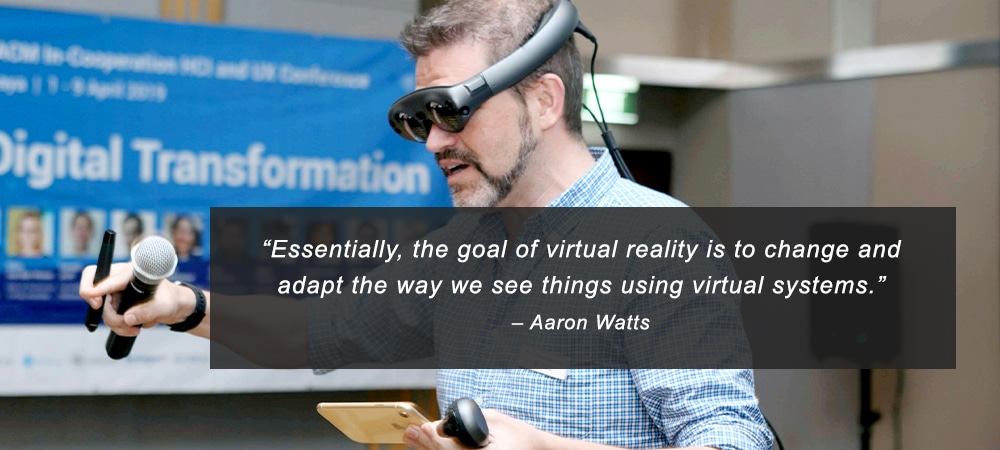
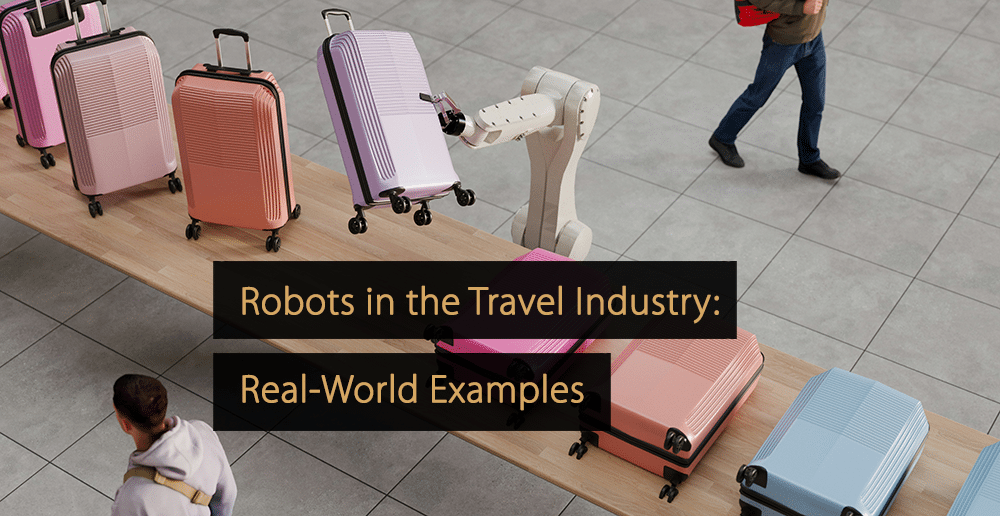
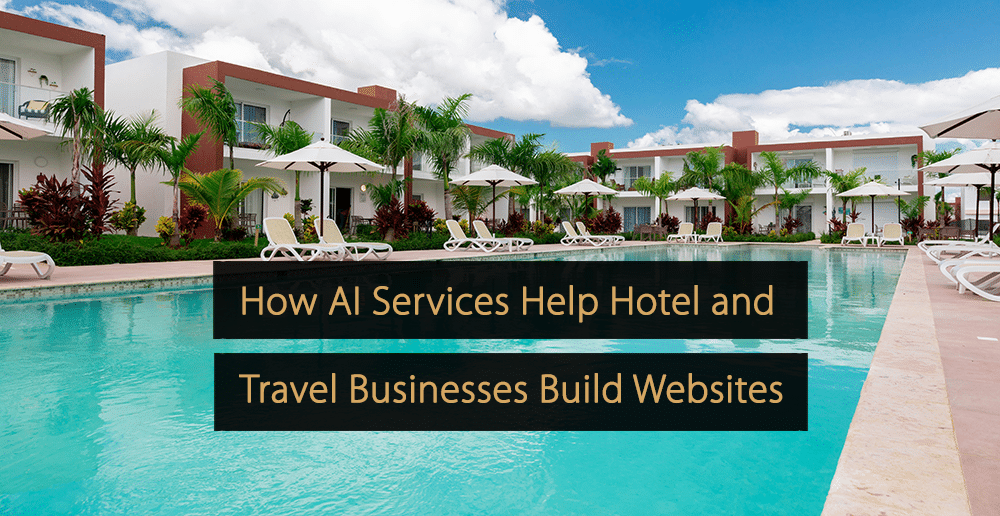
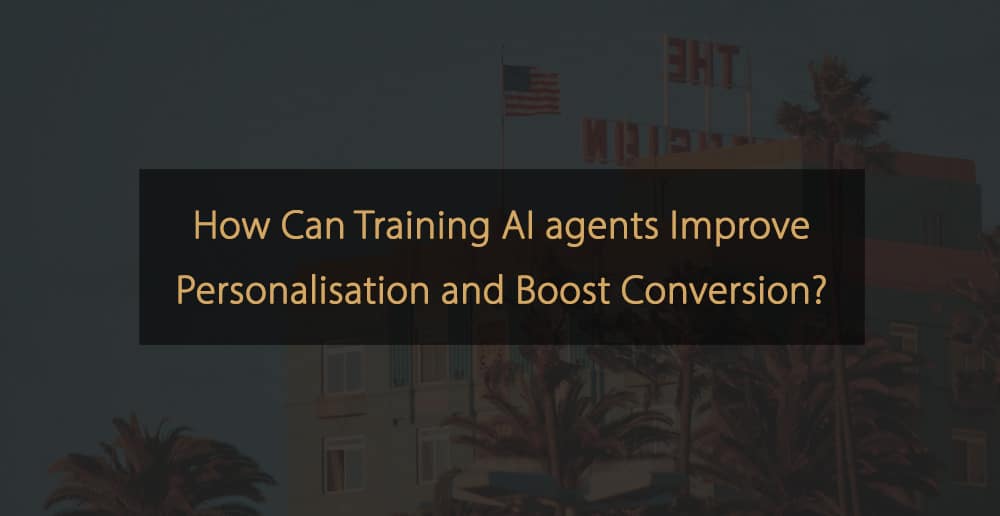

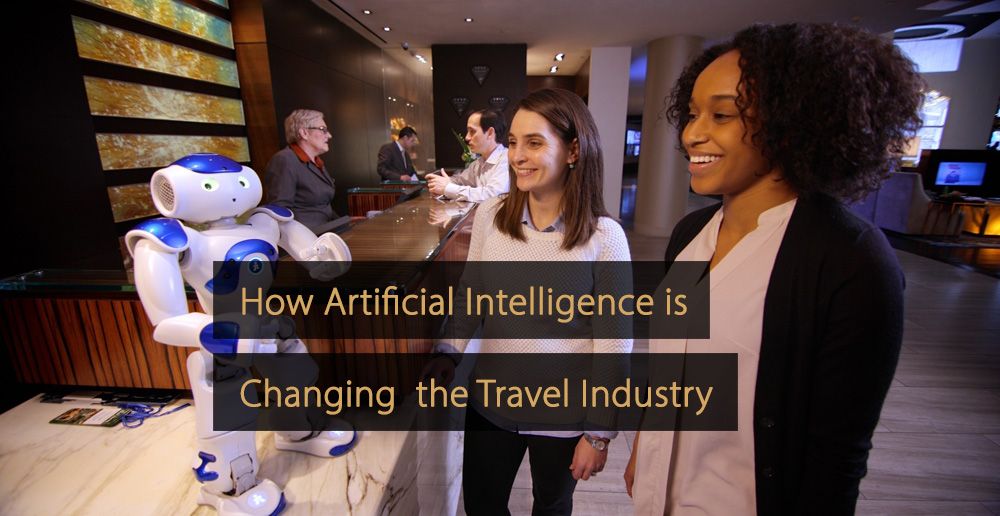

VR is an ever-evolving type of technology and it’s good to see how it’s implemented in the travel industry. This can provide travellers with first-hand experiences – or as close to first-hand as can be with VR – so that they can make more informed decisions regarding where they’d like to go. I can only imagine how much more it will evolve.
Yes, I agree. Virtual reality is the future. I try Oculus quest and its great. I can imagine to use it for planning trips.
Thank you so much. Been reading this again and again due to the lockdown!
Virtual reality helped me a lot to present my company tours.
Hi, this is such an interesting read about virtual reality! You have highlighted some really interesting points and gave some nice examples.